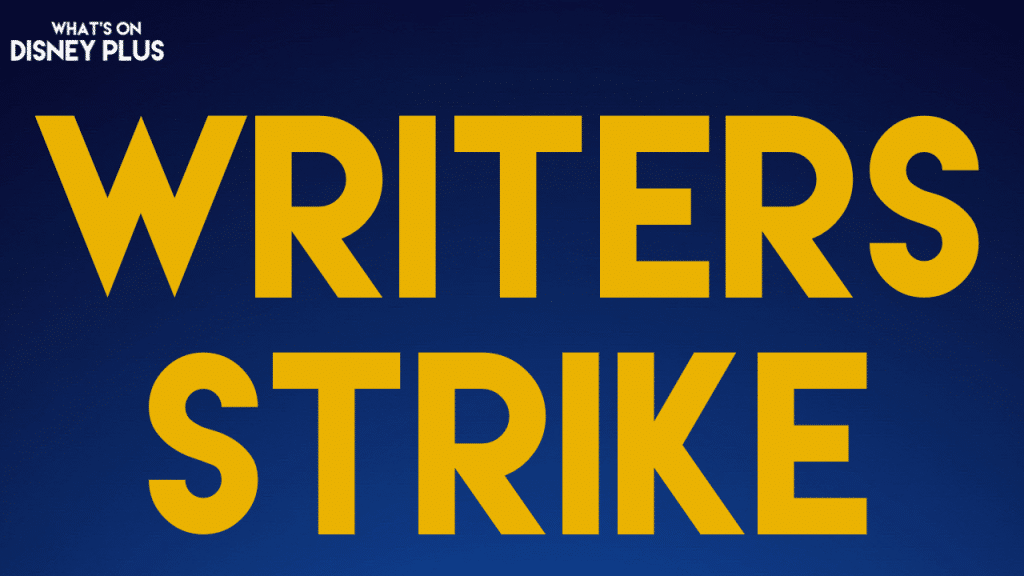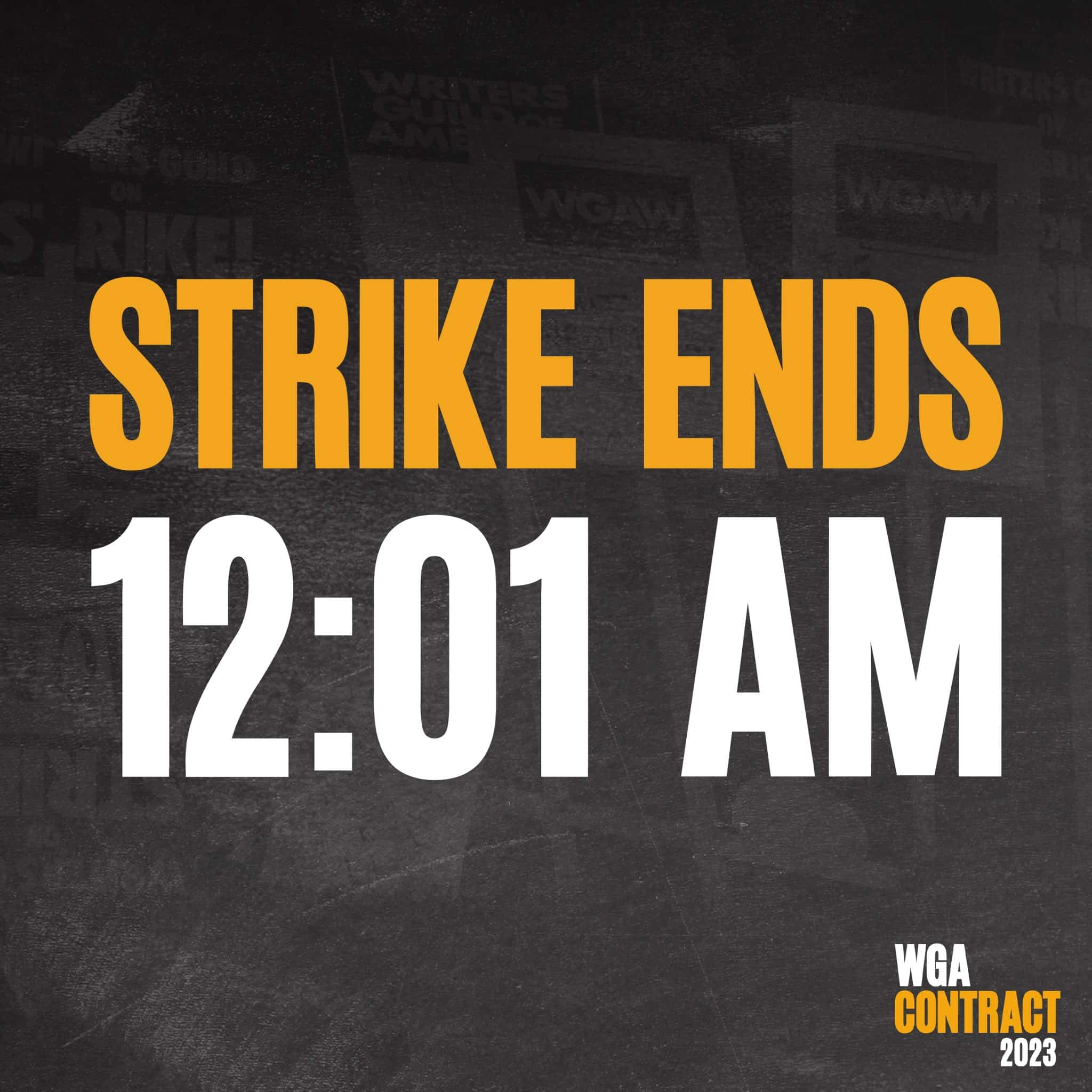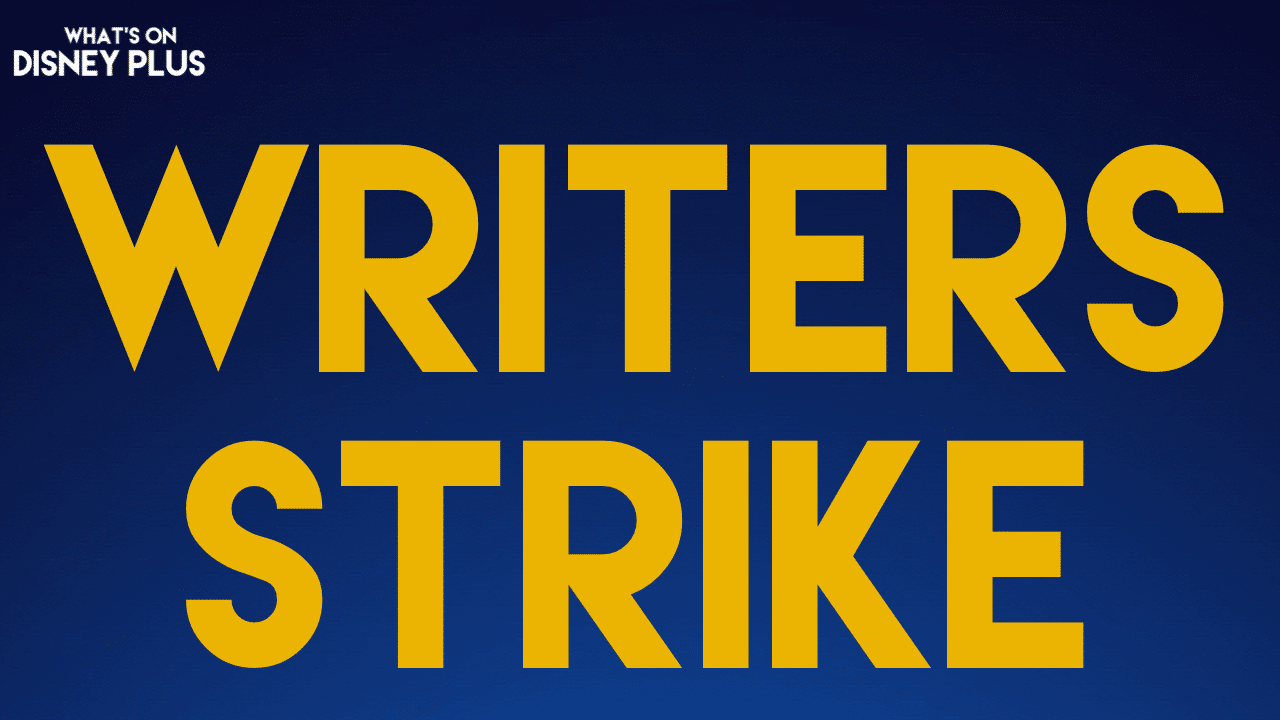
Writers Guild Of America Strike Is Over
Following the news from the weekend that the Writer’s Guild Of America and the Alliance of Motion Picture and Television Producers (the studios) have come to a tentative agreement on a new three-year Minimum Basic Agreement. The Negotiating Committee, the WGAW Board and the WGAE Council all voted unanimously to recommend the agreement. This means the deal will be put to its membership for a ratification vote from October 2nd through October 9th, which is expected to pass.
With the tentative agreement now in place, the WGAW Board and WGAE Council also voted to lift the restraining order, and that means that the writer’s strike is now officially over. This allows writers to return to work during the ratification process, but does not affect the membership’s right to finalise contract approval.
The new deal offers many new advantages to the writers, including a raise in pay, and increased health and pension contribution rates. One of the major issues facing the industry is artificial intelligence and the new deal now includes some rules for writers and studios:
- AI can’t write or rewrite literary material, and AI-generated material will not be considered source material under the MBA, meaning that AI-generated material can’t be used to undermine a writer’s credit or separated rights.
- A writer can choose to use AI when performing writing services, if the company consents and provided that the writer follows applicable company policies, but the company can’t require the writer to use AI software (e.g., ChatGPT) when performing writing services.
- The Company must disclose to the writer if any materials given to the writer have been generated by AI or incorporate AI-generated material.
- The WGA reserves the right to assert that exploitation of writers’ material to train AI is prohibited by MBA or other law.
With the entertainment business changing rapidly with streaming services like Disney+ and Hulu, there are some major changes with regards to residuals.
- Increased foreign streaming residuals: Foreign streaming residuals will now be based on the streaming service’s number of foreign subscribers for services available globally, amounting to a 76% increase (including a 2.5% base increase) to the foreign residual for the services with the largest global subscriber bases over 3 years. For instance, Netflix’s 3-year foreign residual will increase from the current $18,684 for a one-hour episode to $32,830.
- Viewership-based streaming bonus: The Guild negotiated a new residual based on viewership. Made-for HBSVOD series and films that are viewed by 20% or more of the service’s domestic subscribers in the first 90 days of release, or in the first 90 days in any subsequent exhibition year, get a bonus equal to 50% of the fixed domestic and foreign residual, with views calculated as hours streamed domestically of the season or film divided by runtime. For instance, projects written under the new MBA on the largest streaming services would receive a bonus of $9,031 for a half-hour episode, $16,415 for a one-hour episode, or $40,500 for a streaming feature over $30 million in budget. This bonus structure will take effect for projects released on or after January 1, 2024.
- Streaming Data Transparency: The Companies agree to provide the Guild, subject to a confidentiality agreement, the total number of hours streamed, both domestically and internationally, of self-produced high-budget streaming programs (e.g., a Netflix original series). The Guild may share information with the membership in aggregated form.
- Premium for Pilot & Backup Scripts: 150% pilot premium and 115% backup script premiums will now apply to programs made for HBSVOD.
And there is also now residuals for ad-supported streaming:
- High-budget programs made for ad-supported streaming services (including FAST) get the same initial compensation terms as the equivalent programs made for subscription streaming services, including network primetime script fees for the highest-budget series, as well as protections like span (using the basic cable span cap of $375,000) and premium rates for pilots and backup scripts. These programs will also receive a 2% residual for reuse on the AVOD service.
Ultimately, the writers will get much more money for creating shows and films from streaming platforms, which has been the major issue for this strike, as the previous system wasn’t built for the streaming industry properly. As of now, writers will be paid more for their work if it’s popular on streaming services like Disney+. While the new deal doesn’t mean streaming data will be released to the public, it does mean Disney will be required to give the data to the unions to allocate bonuses. This new deal will likely be a template for any negotiations for the Screen Actor’s Guild, who are still on strike.
With the writer’s strike now over, work can resume writing new shows and films, plus adjusting scripts for shows already in production, such as “Daredevil: Born Again”. Until the actor’s strike is resolved, filming won’t be able to start, but now writer’s rooms can reopen to get scripts prepared for some of this winter’s shows like “Grey’s Anatomy”, which could return in early 2024 with a shorter season if things are resolved quickly.
What do you think of the writer’s strike coming to an end? Let us know on social media!
You can find the full summary of the new deal by clicking here


